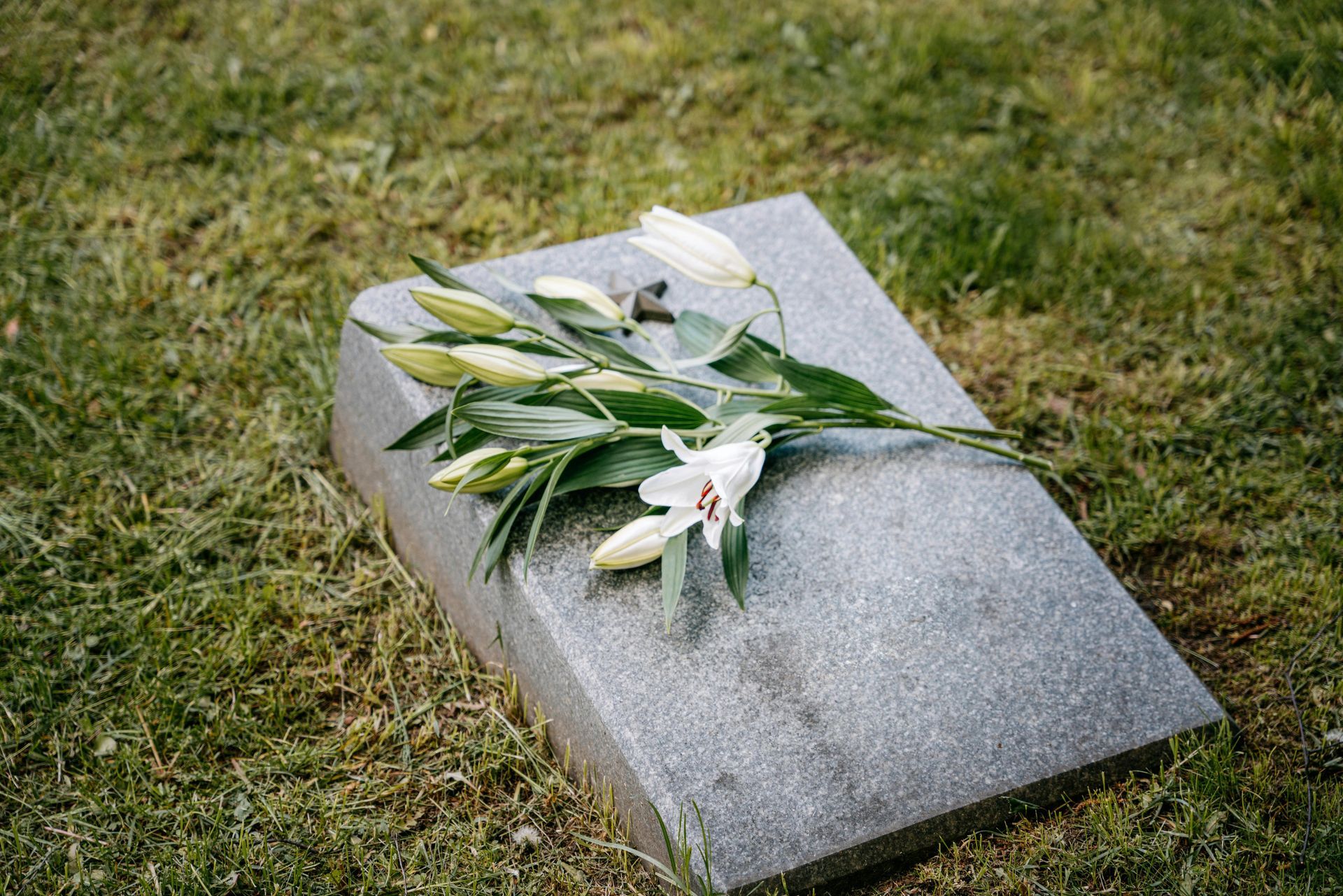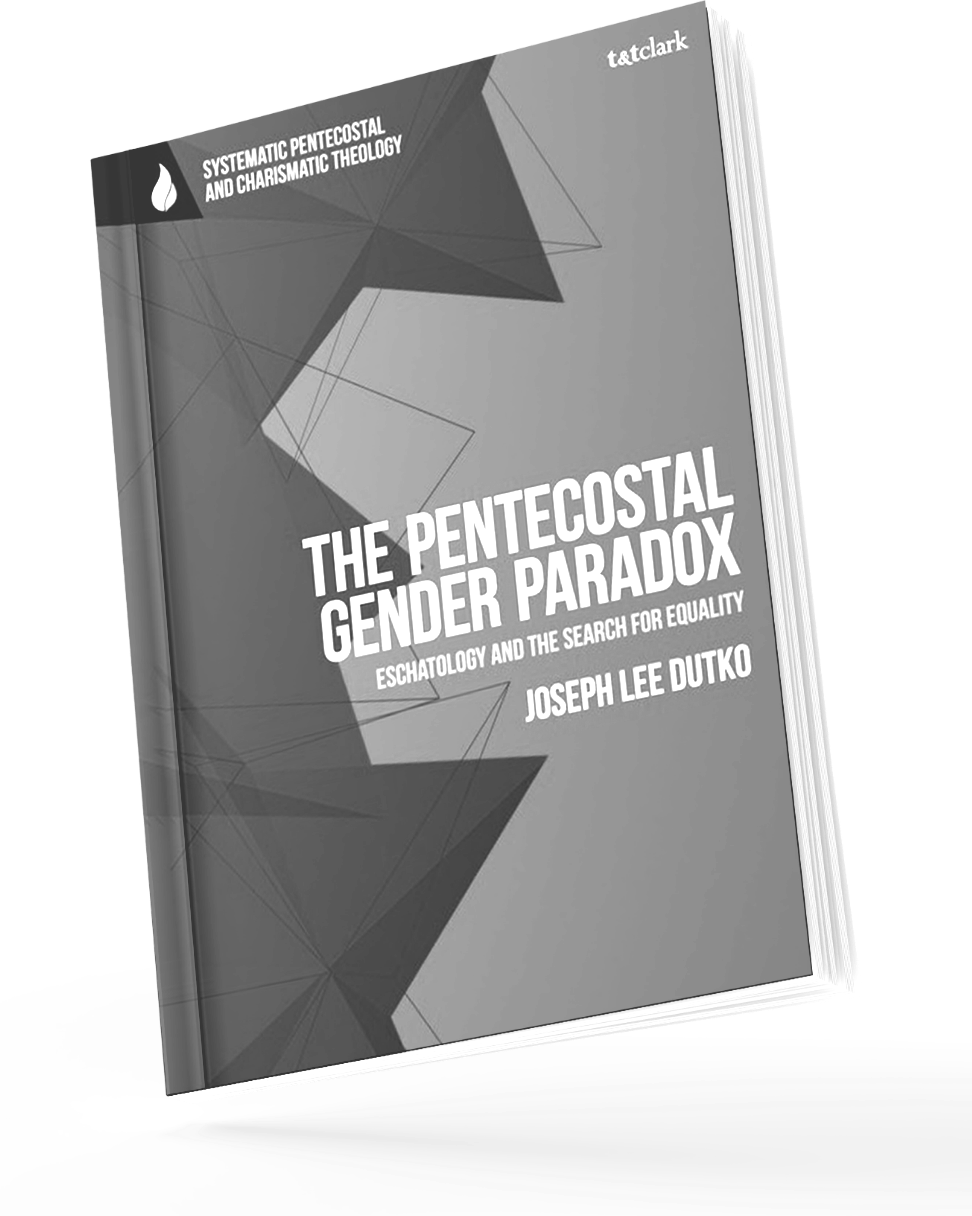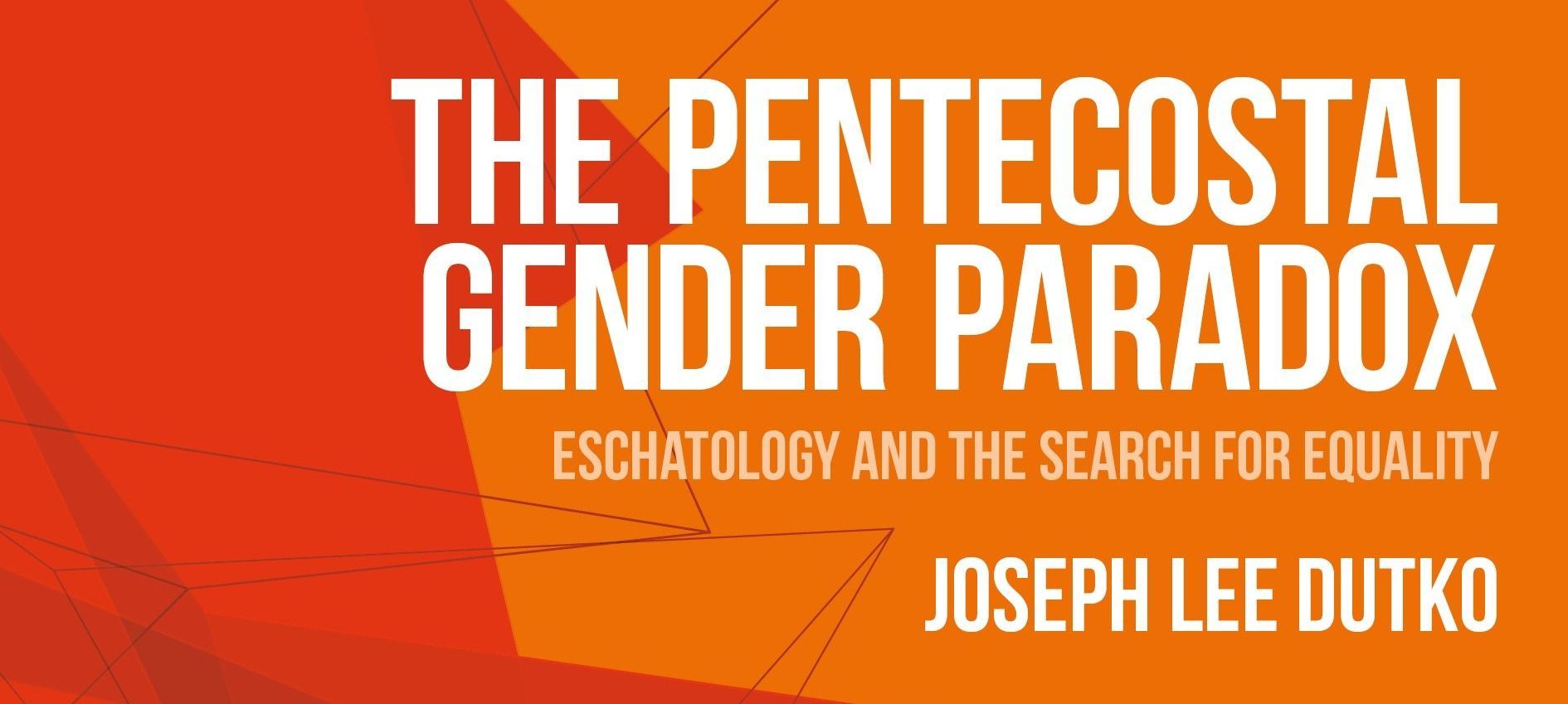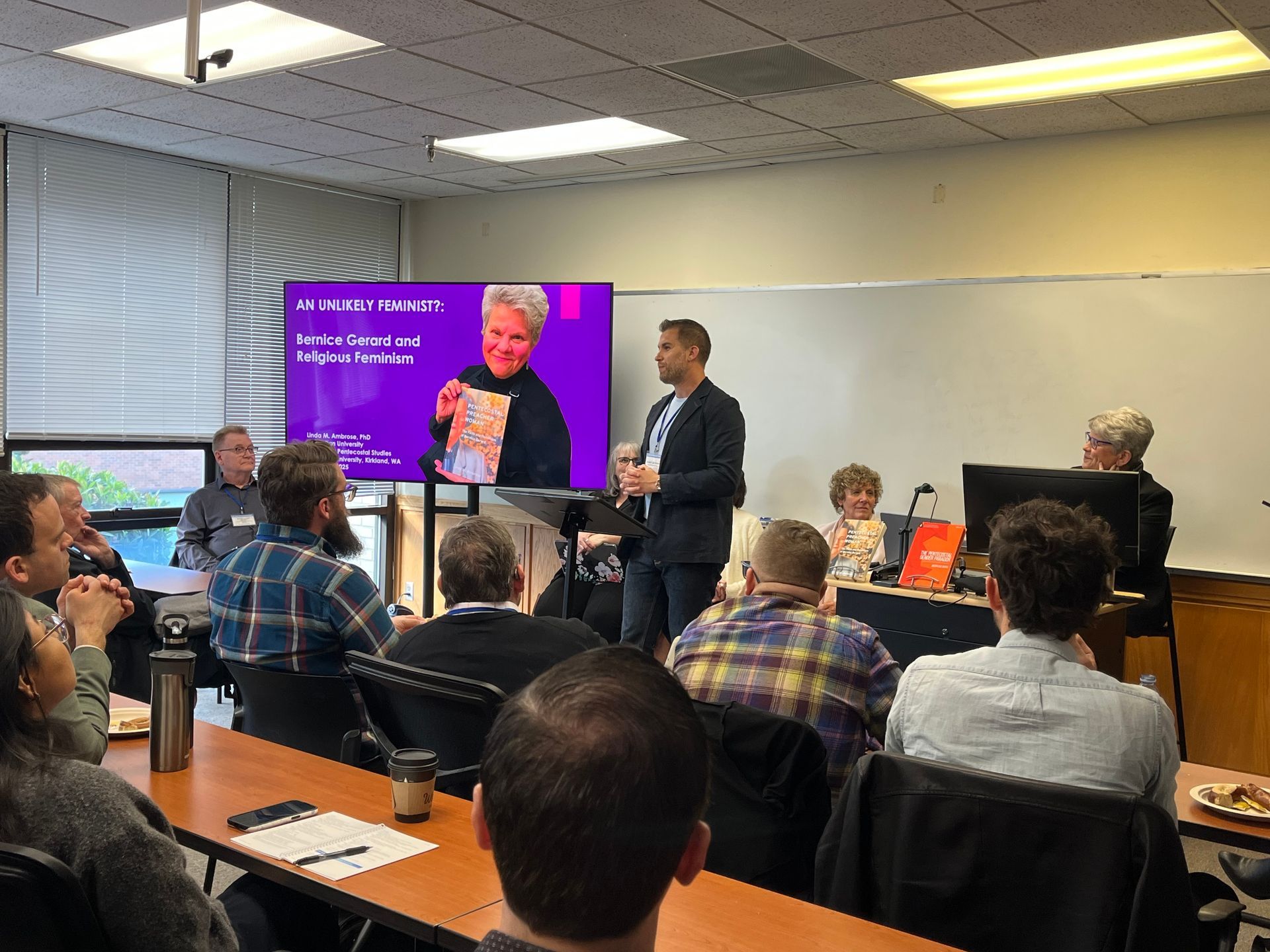Why We Need Young Adult Pastors
Note: this is one of a few archived blog posts I carried over from my old site just for fun and to preserve some “history.” It may or may not reflect current thoughts or feelings. This post is from February 2011.
It’s widely accepted by sociologists that young people are taking longer to reach adulthood. This phenomenon is often pejoratively referred to as “failure to launch,” but as it becomes more common and accepted it is more positively stated as “emerging adulthood.”
In her New York Times article “What Is It About 20-Somethings?” (which I highly recommend reading), Robin Marantz Henig describes the traditional five milestones that define the transition to adulthood: completing school, leaving home, becoming financially independent, marrying, and having a child. These five milestones were once completed by most people by age 30 or earlier, but nowadays—mostly due to cultural changes—that is rarely the case. Therefore, the 20s has emerged as a distinct life stage same as adolescence or adulthood. So the question is, how does this change the way we approach 20-somethings in the church?
It was once expected that after students exited their youth groups, they would join in the life of the “main church” and slowly begin to fit in with the rest of the adults as they get jobs, marry, and become grownups. But with this apparent new life stage, that model no longer seems effective. Churches are rapidly losing people in their 20s because they are not meeting the needs of this group and many times are not even aware of the needs. Twenty-somethings are too old for youth group, but the adult services at the church don’t speak their language and aren’t concerned with the same issues.
Jeffrey Arnett, a psychology professor at Clark University, says that emerging adulthood is a time of identity exploration, instability, self-focus, uncertainty, restlessness, and ambivalence. As Henig explains, just as social institutions have adapted over the last century as adolescence was recognized as a new developmental stage, it might also be time to adapt to the new stage of emerging adulthood. So what should churches do?
Unfortunately, one common response to this issue is to simply add on the responsibility of the young adults to some already overwhelmed and burnt out pastor. Usually either the youth pastor is asked to also oversee the young adult group or an associate pastor adds on the 20-somethings to his or her portfolio.
The problem with this is it fails to recognize these emerging adults as a group that needs significant time and care. The result is that many feel like I do, wanting (and needing) to dedicate full-time attention to the 20-somethings in their church, but unable to because of all the other responsibilities. Furthermore, pastors are often frustrated with their young adults who often appear aimless, overly dependent, and self-indulgent. Part of the reason pastors feel this way is because they are likely to be the exceptions to the trend, completing all or most of the five milestones at a younger age and somewhat skipping the emerging adulthood stage.
It certainly is debatable whether the delay to adulthood is a good or bad development in society, but either way pastors and churches need to be more understanding and sympathetic to these changes. For most 20-somethings, this stage is a period of exploration, questioning, and possibilities, and they are often forced to look outside the church for the right environment to help them develop, connect, and figure things out.
Just as youth pastors or adult ministries pastors have become the norm, young adult pastors are now a necessity in the church. It’s time for churches to wake up and begin to put their time, money, and resources toward helping 20-somethings make a positive transition from adolescence to adulthood. If we don’t, we are in jeopardy of losing them.
NEWSLETTER SIGNUP (blog post layout)
ABOUT JOSEPH
Pastor, Author, and sometimes pretends to be a Scholar
Joseph (PhD, University of Birmingham) is the author of The Pentecostal Gender Paradox: Eschatology and the Search for Equality.
Since 2015, he and his wife have together pastored Oceanside Community Church on Vancouver Island, where they live with their four children.










